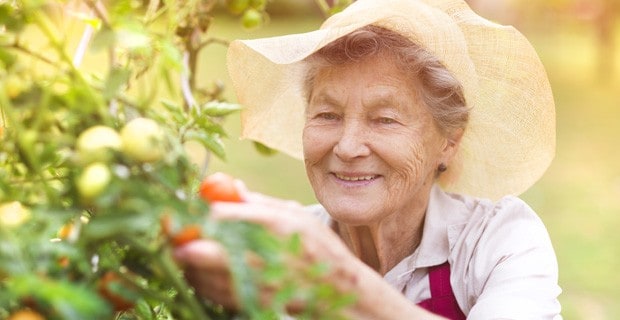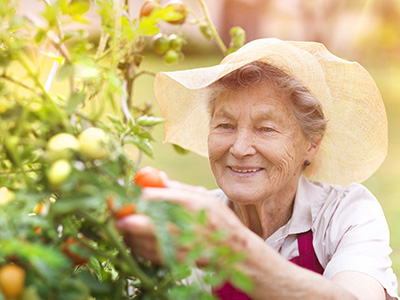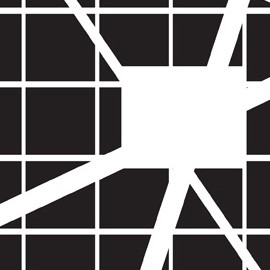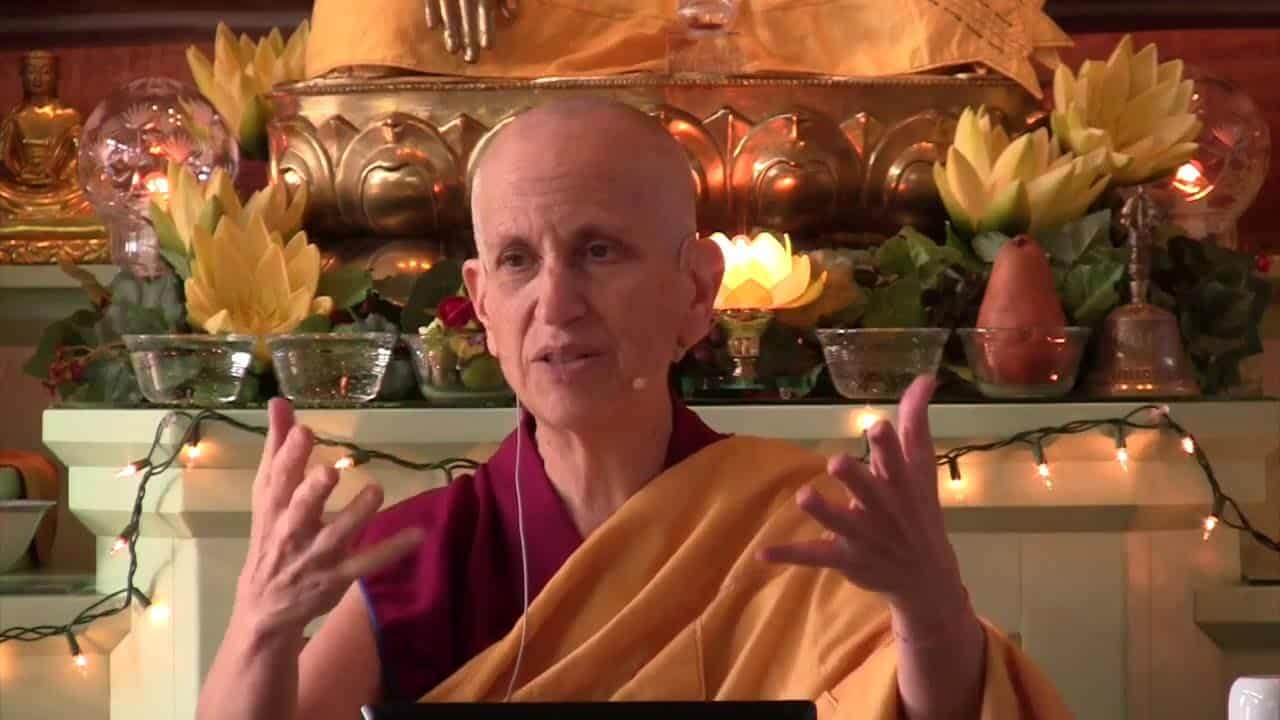How to age happily

The word “dharma” has many different meanings. In this context of supreme possession, it means “to hold.” It holds us back from negativity and its resultant suffering, and holds our mind in virtue so as to create good causes. To do that, we have to integrate the Dharma into our mind as much as we possibly can.
That means resetting our priorities, by thinking about what’s important in the long run, especially for our future lives. Do we want to remain in samsara without end or do we want to turn that around?
Pondering such questions is really very important. As our mind changes, it becomes easier to practice and we can really see how the Dharma protects us, and how it is the best possession that will bring us everything beneficial, especially in old age.
Most people don’t like the idea of getting old, even though we’re all getting older each passing day. Have you ever thought of what sort of elderly person do you want to be if you’re fortunate enough to live till old age? Or what will help you in old age? Will having a million dollars help you when you’re old?
It may be helpful as you do not have to live on the streets or struggle to survive. But I don’t think you need a million bucks in order to avoid living on the streets when you’re old. A lesser sum would suffice. But even if you have the money to take care of your body when you’re old, does that guarantee you’re going to be happy when you’re old? Not at all, because you can have very nice, favourable living conditions when you’re old, and yet the mind is terribly unhappy. Did you know that the highest suicide rate takes place amongst white, older men in the US? Many people found that their life has no value, meaning or purpose when they became old and retired.

What will make us happy when we’re old? It is our state of mind. (Photo © Halfpoint / stock.adobe.com)
So what will make us happy when we’re old? It is our state of mind. If we let our mind become angry and bitter now, that mental habit will continue and we’ll be miserable when we are old. If we cultivate forgiveness, kindness and compassion now, we’ll have an abundance of that in our old age and other people will be drawn to us. By developing our wisdom now, we will become wise seniors who views and advice will be respected. These human connections—our ability to benefit others and receive love from them—give meaning to our lives.
In addition, we should start preparing for death now. Death is a natural process; it happens to everyone, and it can be a time of great spiritual meaning if we practice the Dharma well while we’re alive. So let’s work on applying the Buddha’s teachings to our lives so we can counteract ignorance, anger, and clinging attachment now. That way our lives will be more peaceful now and we’ll be peaceful at the time of death and will have a good rebirth.
My teachers are good examples. When I first started learning the Dharma many of my teachers were in their 70s or 80s. The ones who were in their 50s and 60s are in in their 80s now. Yet I observed how happy they are teaching and engaging in many activities to benefit others. Even though they are old and their bodies are weak, they have such happy minds!
Venerable Thubten Chodron
Venerable Chodron emphasizes the practical application of Buddha’s teachings in our daily lives and is especially skilled at explaining them in ways easily understood and practiced by Westerners. She is well known for her warm, humorous, and lucid teachings. She was ordained as a Buddhist nun in 1977 by Kyabje Ling Rinpoche in Dharamsala, India, and in 1986 she received bhikshuni (full) ordination in Taiwan. Read her full bio.


